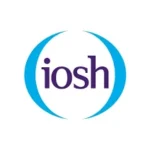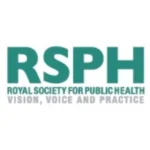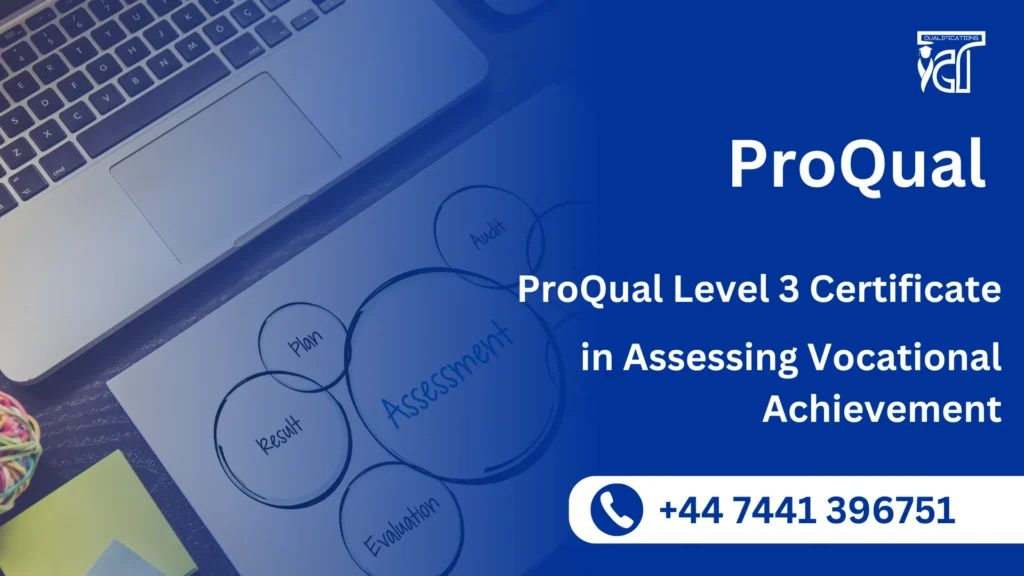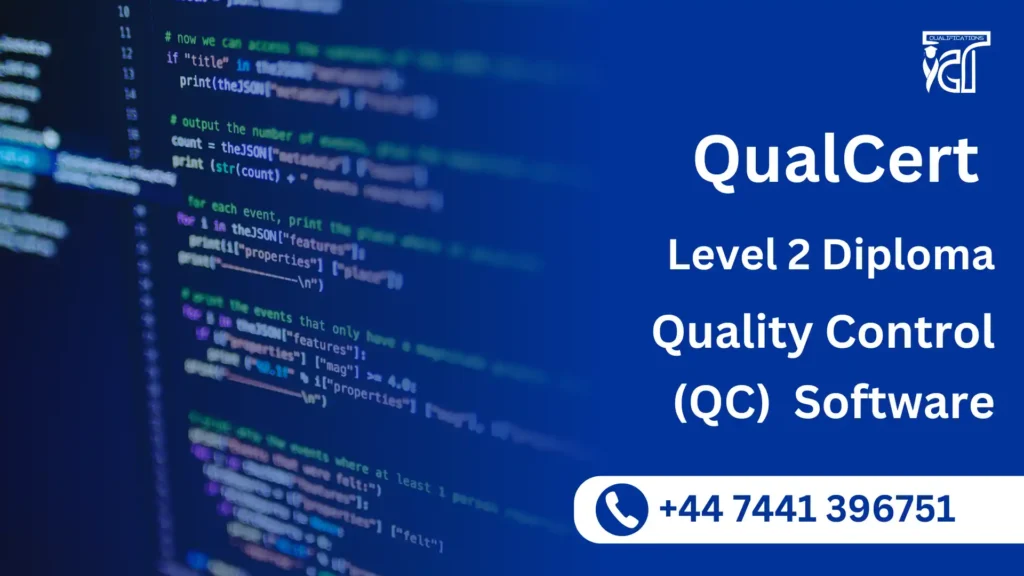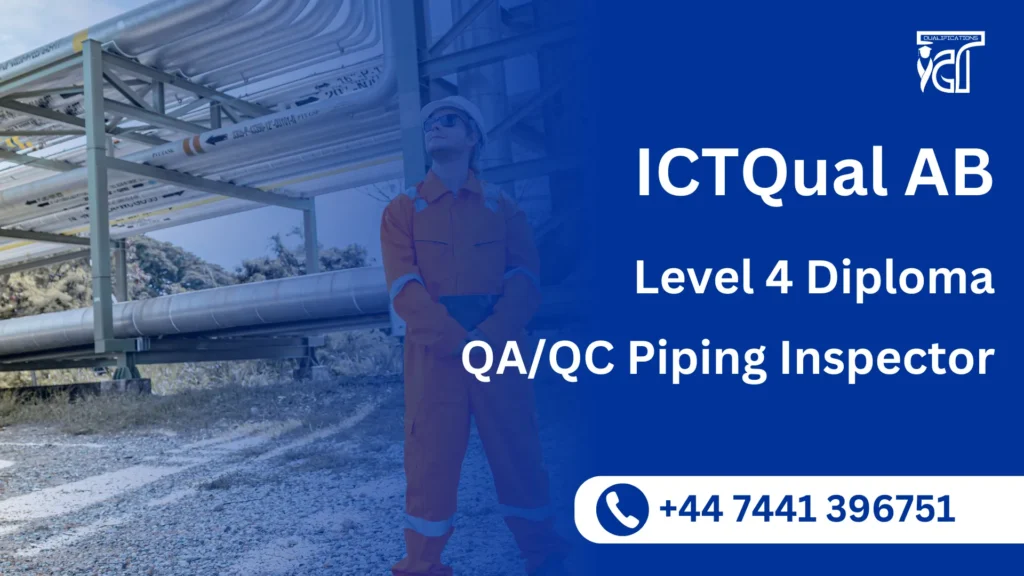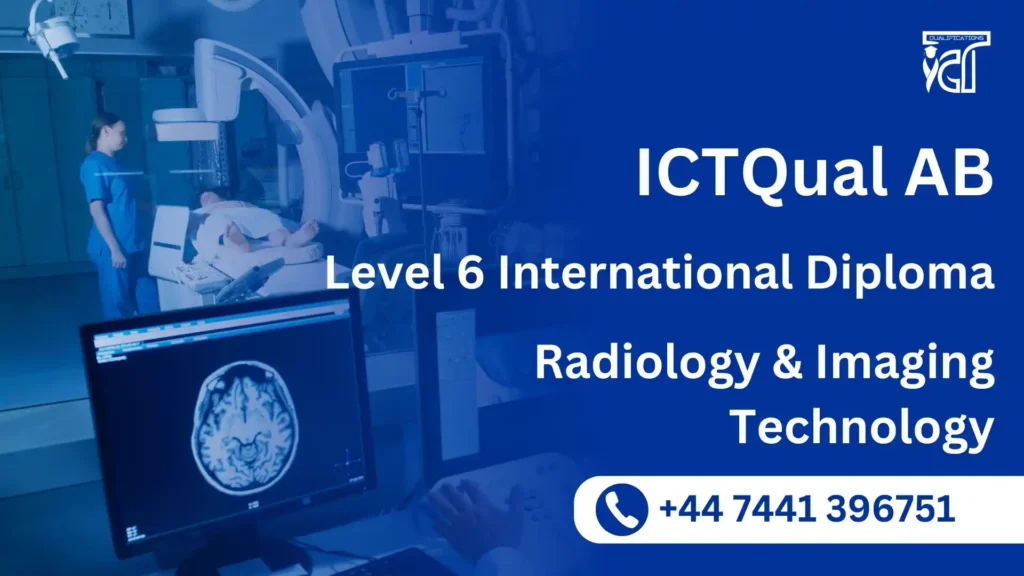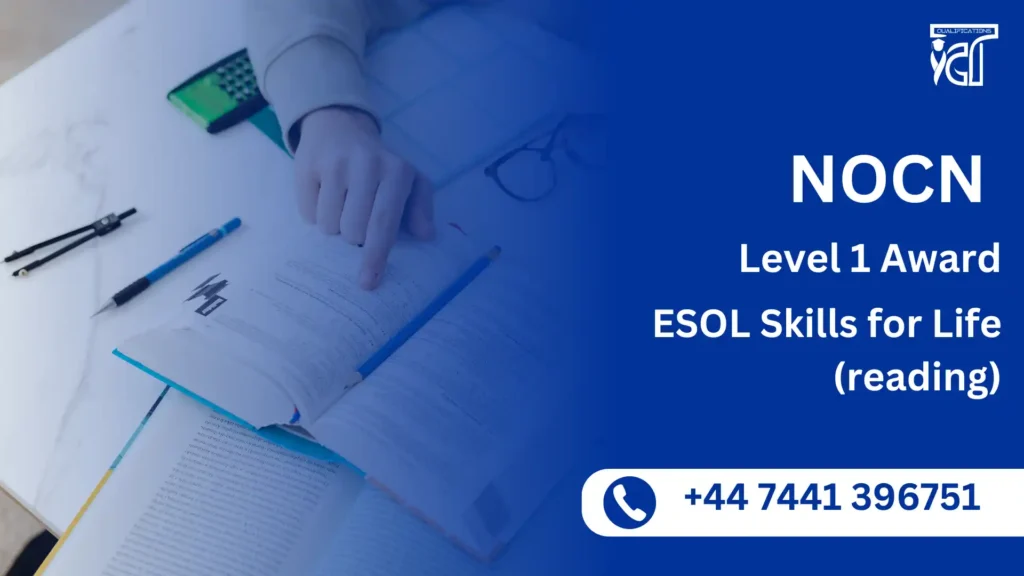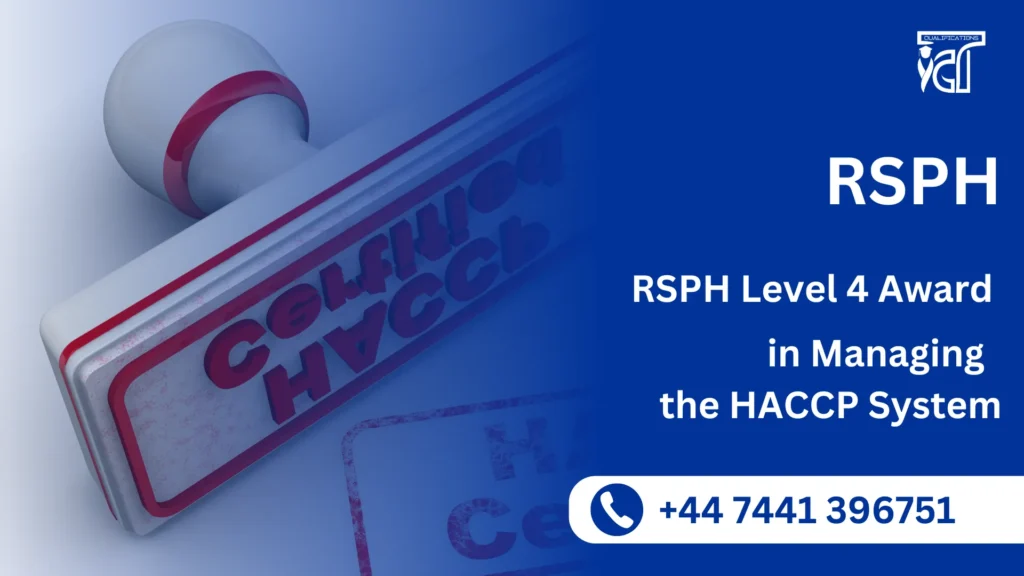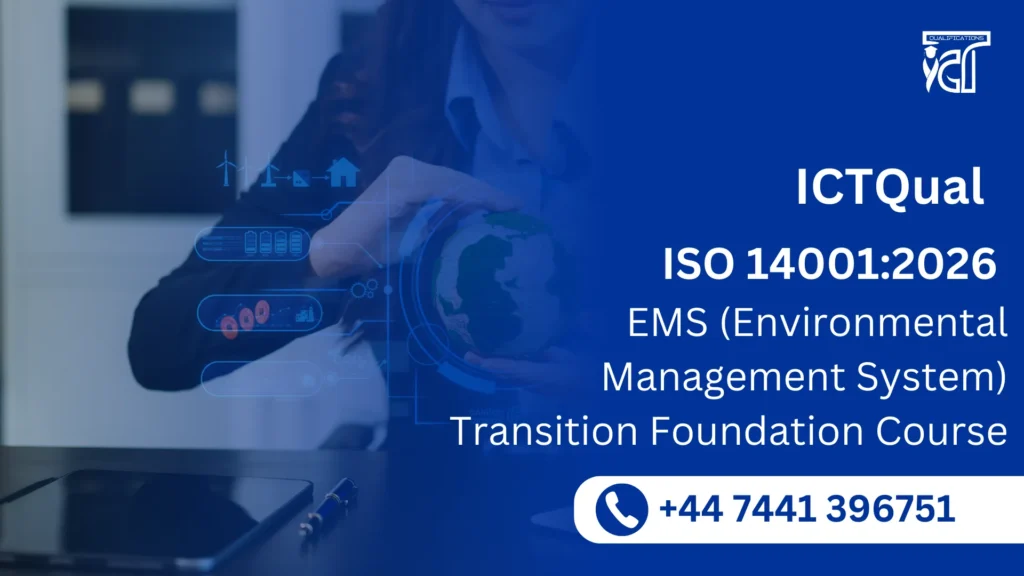Your Skills, Your Future
Globally Recognized Training for a Brighter Tomorrow
Your Gateway to Professional Success
Explor Future-Ready Training
Students Enrolled
Courses Available
Expert Instructors
Inspire College of Technologies UK Ltd is a premier educational institution based in the UK, dedicated to offering high-quality professional training and vocational qualifications. The college specializes in a wide range of courses designed to equip learners with the skills and knowledge needed to thrive in today’s competitive job market. With a strong commitment to excellence, Inspire College provides industry-relevant programs, delivered by experienced instructors, and ensures students are prepared for success in their chosen fields. Whether you’re looking to enhance your career or embark on a new professional journey, Inspire College offers the resources and support necessary to help you achieve your goals.
Available Qualifications


















Stay ahead in your career with our latest training programs, designed to equip you with in-demand skills and industry-recognized certifications. Whether you’re looking to advance in your current profession or explore new opportunities, our expert-led courses offer the perfect learning experience.







